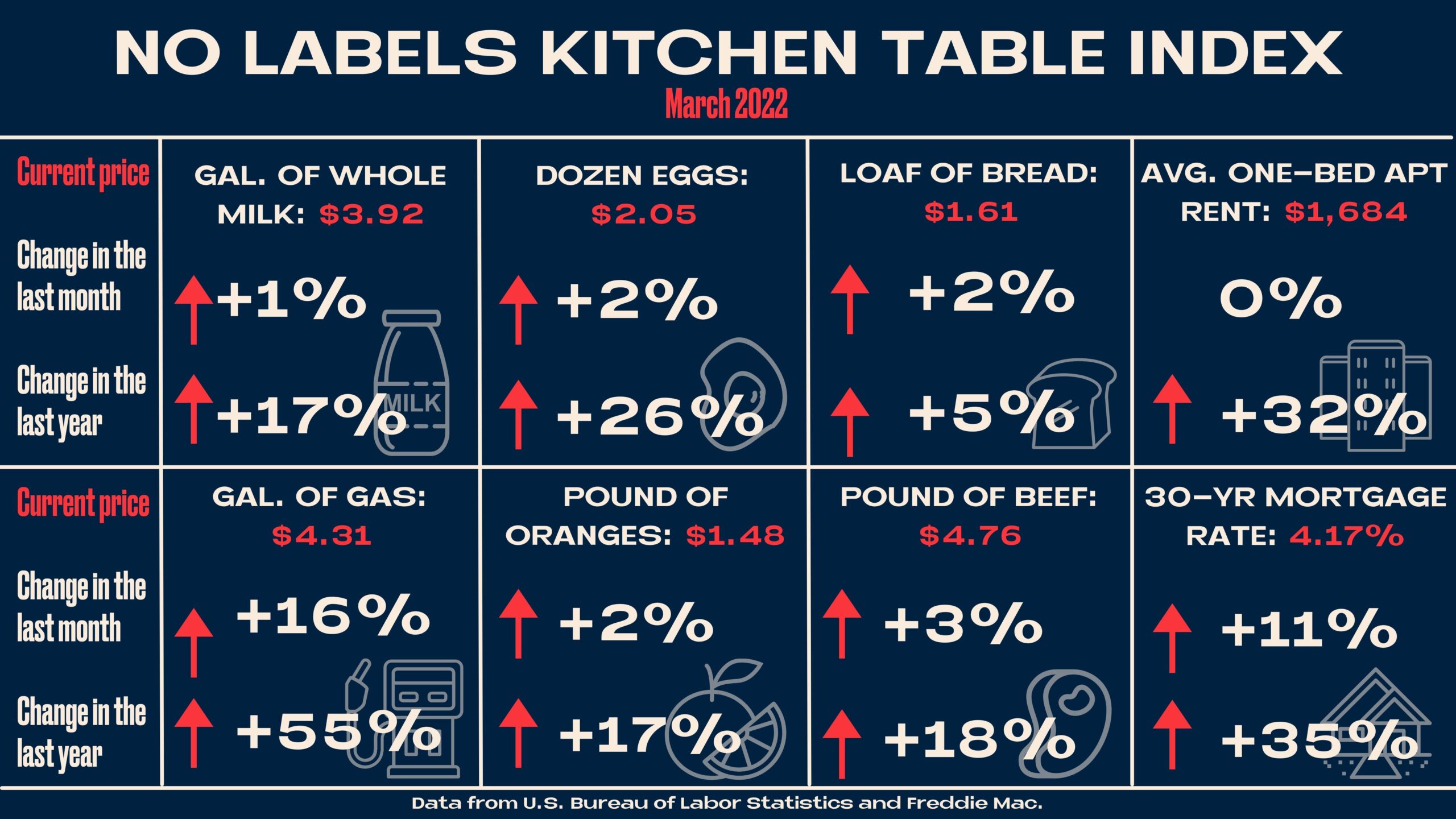Congratulations! Well done! Regardless of your individual path, you have completed something significant. You have persevered. No worries about figuring all of life immediately now out; your goal is simply to take the next step. It’s a big one. It’s beautiful, too. There are also a few things to remember.
Remember, grad…
For everything there is a season, a time for every activity under heaven…
A time to be born and a time to die. A time to plant and a time to harvest.
A time to kill and a time to heal. A time to tear down and a time to build up.
A time to cry and a time to laugh. A time to grieve and a time to dance…
As you enter adulthood — even in these current crazy, uncertain times — allow us to address some brief truths as you focus on these few, albeit noteworthy, next steps…
First, there really is a time for everything — every activity under heaven, every season under the sun. To be clear, you will not desire each of these times. Every activity will not be awesome nor every season incredibly joyous nor fun. Don’t let me discourage you; that’s not my intent. My intent is for you to be prepared to wisely wrestle with reality.
Remember that to enjoy and to embrace are not the same thing. As you face life’s next chapters, the truth is that there will be seasons and chapters that stretch you beyond your wildest imagination — beyond where you ever thought you’d go or perhaps ever even wanted. You have a choice in how to respond. Remember that. When the time comes to tear down or turn away, embrace the time; when the time comes to speak, speak — laugh, laugh — and certainly grieve, grieve. Enjoying the season is less important than learning from the experience. The wise one learns and grows from every experience… from the seasons that are hard. Even yes, from now.
Second — and don’t let me shock you — but contrary to any long-held belief or fictional, rhetorical chant, you cannot be whatever you want to be. Sorry. Remember we are wrestling with reality. (Note: I apologize now on behalf of parents everywhere for not always promoting reality either; see Tooth Fairy, Easter Bunny, and/or that jolly old St. Nick).
The reality is you (we) cannot be whatever/whoever you want to be (ie. see the many who’ve thought they should be President). You can, though, be all that God created you to be. How?
Embrace your gifts. Utilize the unique wiring within you — the wiring that makes you distinctly, uniquely you. Don’t compare yourself to another, falling prey to society’s hollow teaching that another person’s wiring or set up is somehow better or worse than yours. Simply embrace your own strengths and grow from your weaknesses. Seek God first; seek his intention for your life; find your greatest identity in being his kid. Then be who he created you to be, and do what he created you to do. Don’t compare your calling to any other. It will never be lesser. Whatever you do, do it well.
And third — perhaps because I’m more verbose than I wish to admit — allow me to humbly offer our traditional, brief, rapid fire of final encouragement — those final things we parents wish to say once more as we pass the blessed baton into adulthood…
Love deeply. Extend grace generously. Never view grace and truth as opposites, as each should be applied in full measure. Wash your sheets. More than twice a year. Don’t be selfish. Resist any quickness to anger. Be fast to forgive. Be humble. Forgive again. Pursue wisdom. Don’t judge any by the color of their skin. Don’t judge period. Know the difference between judgment and discerning right from wrong. Consider coffee. Limit sugars. Find the wisdom and joy in both fasting and feasting. Be intentional in enjoying a good donut. Be intentional with more. Take an interest in others. Be sincere. Separate the reds from the whites. Including the wine. Be charitable. Save some. Spend some. Give some away. Don’t be afraid of sorrow. Put down the device. Watch your screen time. Be cautious with social media. Talk to people. Don’t quicken to offense. Chew with your mouth closed. Don’t think of equality with God as something to be grasped. Listen to the elderly; touch them. Invest in the young. Bow. Curtsy. Open doors for other people. Be unselfish. Do it again. Don’t keep count. Don’t make it about you. Show respect — in what you say and how you think. Remember that respect does not mean accepting as equally good and true. Remember that all things are not equally good and true. Know when to say that; know when to not. Look another in the eye. Use your napkin. Be discerning. Be aware that just because something feels good, it might not be wise. Be prayerful. Figure the faith thing out. And embrace each and every season shared above. Embrace the time to laugh. Again and again. Cry. Grieve. And yes, dance. Always dance.
There is a time for everything. Still and especially now. Don’t let any current circumstance make you doubt the hope and the future God has planned for you. He has a plan. And it is good.
Congrats, grads! It’s your time to dance. Enjoy as we so celebrate you.
To the Class of 2022…
AR

